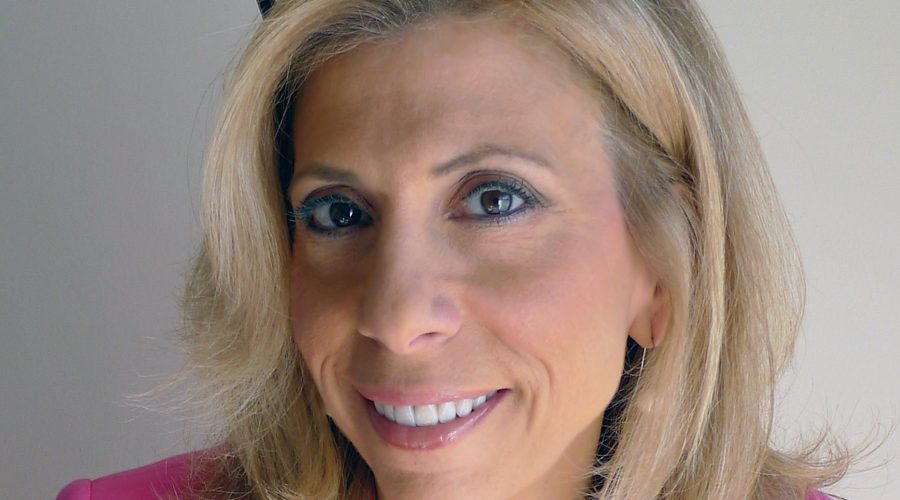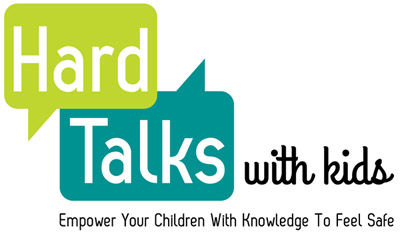

12 Talking Points For Parents After The Parkland, Florida School Shooting – Pattie Fitzgerald
hard talks February 16, 2018 admin 0

By Pattie Fitzgerald, founder, www.safelyeverafter.com
Another school shooting?! This cannot be our new normal.
Like every parent, I am heartbroken, angry, and sickened by this week’s tragic shooting at Marjory
Stoneman Douglas High School in Florida. I want it to stop, too. That’s for another blog post. For now, I’m
focusing on how we can talk to our children who are scared and asking us about their own safety.
I hope the following tips will help parents in calming their children’s fears and need to talk about what’s
happened. Right now, most kids need reassurance and help sorting out their feelings.
Talking Points
1. The main concern most kids have today is their own safety and they need our reassurance. It’s ok
to say to your child… “Yes, a very angry young man hurt a lot of people. But you are still safe going to
your school today, and there are a lot of adults there doing their best to keep you safe during the day”.
Our kids need to know that this is NOT an everyday occurrence, even if it certainly feels like that to
us as parents, sadly. `
2. Our conversations depend upon our child’s age and development. Ask young children what they
have heard or what they know, tell them they can ask you anything but be careful not to overshare
details that they may not be able to process.
3. Tell your children “Most people are safe and there are many people such as teachers, nurses,
firefighters, police officers, counselors who want to protect you and work very hard to do so,
especially now.” This reassurance is important for kids to HEAR right now.
4. If a child asks WHY did this happen… keep your answers simple. “Someone was very angry and
wanted to hurt people, kind of like a bully. Maybe no one taught him what to do with those angry
feelings.” With older children, you can continue: “that’s why we want you to tell us about anything
that scares or upsets you, or if you think another person needs help because they’re having big
feelings, or angry feelings.”
5. If your child asks very specifically: “What if?”… It’s ok to say to your young child “There isn’t going
to be a shooter at your school.” That is what they need to HEAR right now. If your older child asks
“What if?”, tell them that “because of yesterday, our schools are going to be even more protective than
ever so that it doesn’t happen here.”
6. Limit the media input into your home; turn off the constant news stream right now. It’s not
beneficial for your kids to hear the same story reiterated over and over again.
7. Let your child express their feelings of fear, confusion, anger, and wanting to know why it
happened. Let them know they can share any feeling they have.
8. Don’t minimize or trivialize their concerns, but you don’t have to increase their anxiety by saying
things like “there’s nothing anyone can do.” Steer the conversation in a way that feels more
positive.
9. Be mindful of your tone. It’s fine to express sadness over this tragedy but try not to express a
sense of fear. Our children take their cues from us in terms of how they should feel. Right now it’s
our job to help them feel safe and nurtured, we should be focused on taking away their anxieties.
10. Unfortunately, schools are now having to do drills with students about hiding, hunkering down in
the possibility of a shooter. Keep things in perspective with your conversations. Remind kids that
we do all kinds of safety talks about fire safety, earthquake safety and even simple things like
crossing the street, and that keeps us safe so we don’t have to worry all the time.
11. Watch for signs of distress in your child… how are they playing, what kinds of conversations are
they having with siblings or playmates, particularly in your home/car/during a playdate.
12. Keep doing fun things with your kids. While it’s hard to plaster a smile on our faces right now,
continue to do things that your kids enjoy… going to the park, out for ice cream, playing a game or
even coloring with them at home. Give them a sense of security, continuity, and that things are OK
for them right now.
Pattie Fitzgerald is the founder of www.safelyeverafter.com and is recognized as a leading expert in the field of childhood sexual abuse prevention education. She is a former preschool teacher and certified Child Visitation Monitor, in addition to her certification as a Child Safety Educator and family advocate. Pattie is also the author of two highly acclaimed children’s books: “NO TRESPASSING – THIS IS MY BODY!” and “SUPER DUPER SAFETY SCHOOL” both of which have received strong praise from pediatricians, parents and educators across the country. She has been featured on Good Morning America, The Today Show, ABC World News, CNN Headline News, MSNBC, Dateline NBC, and local television and radio news programs across the country. Her classroom curriculum is now used in elementary schools throughout the United States.

No comments so far.
Be first to leave comment below.